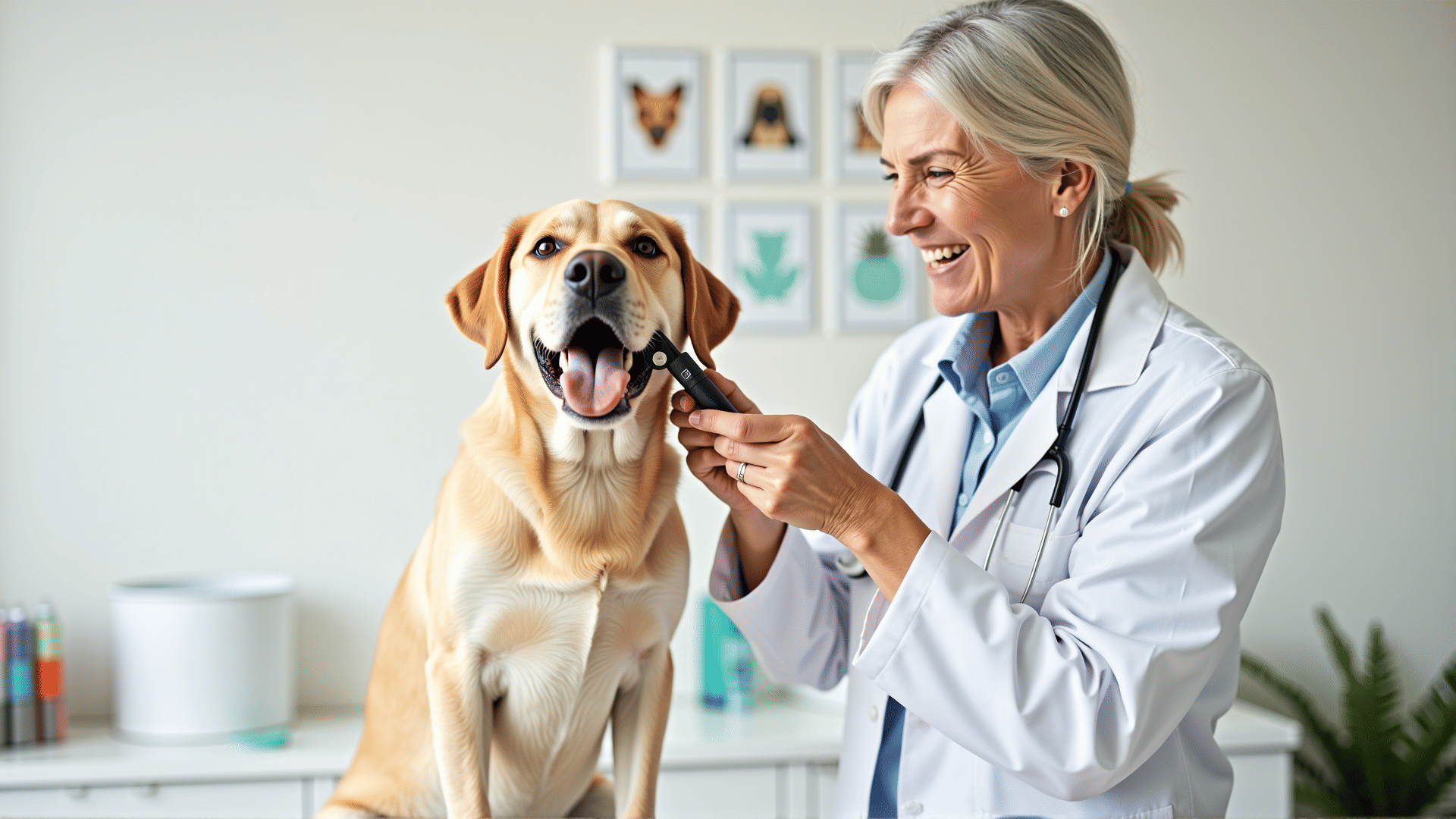Recognizing the early signs of common ailments in pets is essential for providing timely care and maintaining their health and happiness. Pets, like humans, can suffer from a variety of health issues that, if left unchecked, can lead to more serious conditions or prolonged discomfort. By being attentive to changes in their behavior or physical condition, pet owners can ensure a better quality of life for their furry companions.
1. Gastrointestinal Issues:
Digestive problems are frequent in pets and can range from mild to severe. Watch for symptoms such as vomiting, diarrhea, loss of appetite, or noticeable changes in stools. These signs could indicate anything from dietary indiscretion to more serious conditions like inflammatory bowel disease or obstructions. Prompt attention to such symptoms can prevent dehydration and other complications.
2. Skin and Coat Conditions:
Pets are prone to developing skin allergies or infections. Common signs include excessive scratching or licking, redness, bald patches, or a dull coat. These symptoms can result from flea infestations, allergies, or dermatitis. Monitoring and addressing these issues early can alleviate discomfort and prevent infections.
3. Ear Infections:
Ear infections often manifest through frequent head shaking, scratching at the ears, or a foul odor. Breeds with floppy ears or excessive hair in their ear canals are particularly susceptible. Early treatment can prevent pain and more severe infections.
4. Urinary Tract Problems:
Symptoms of urinary issues include frequent urination, straining, blood in urine, or accidents in the house. Such signs are common in both dogs and cats and may indicate infections or more serious conditions like bladder stones. Immediate vet attention is crucial to alleviate discomfort and avoid complications.
5. Dental Diseases:
Poor dental health in pets can lead to pain and infection. Signs include bad breath, difficulty eating, drooling, or discolored teeth. Regular dental check-ups and cleanings can prevent these issues and improve overall health.
6. Respiratory Issues:
Respiratory problems may present as coughing, sneezing, labored breathing, or nasal discharge. These symptoms could result from infections, allergies, or other health concerns. Early intervention can help manage symptoms effectively.
7. Joint and Mobility Problems:
As pets age, they may develop arthritis or other joint issues. Look for signs of stiffness, difficulty rising or climbing stairs, or a noticeable limp. Early recognition and management of these symptoms can enhance mobility and comfort.
8. Behavioral Changes:
Changes in behavior, such as increased aggression, lethargy, or withdrawal, can also indicate underlying health issues. Monitoring for these shifts is important as they might suggest stress, pain, or other health concerns.
In summary, pet owners should remain vigilant and proactive in observing any unusual signs or behaviors in their pets. Regular veterinary check-ups, maintaining appropriate nutrition, and ensuring proper grooming and exercise are key factors in preventing many ailments. By recognizing and responding to the early signs of common pet ailments, owners can significantly contribute to their pets' overall health and well-being.
